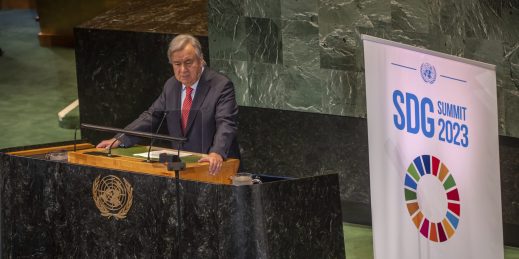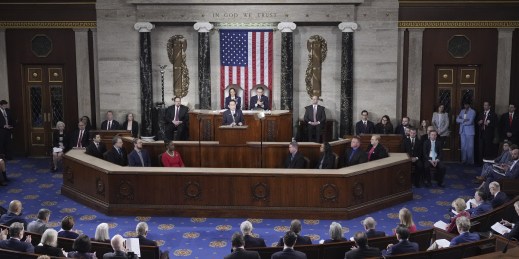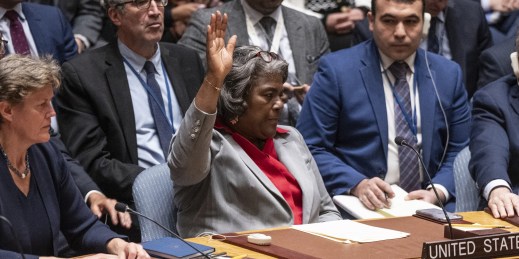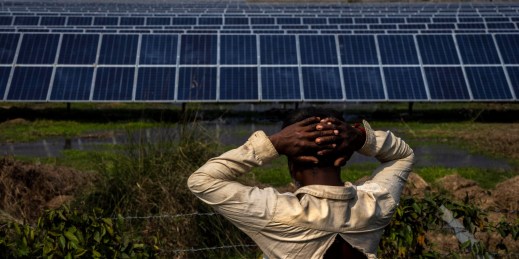
The agenda for global development, including its governance and architecture, clearly needs change. Yet, making sense of our development architecture in today’s context is a complicated matter: Global development faces a range of complex, interconnected challenges that must be tackled in a rapidly changing world.








